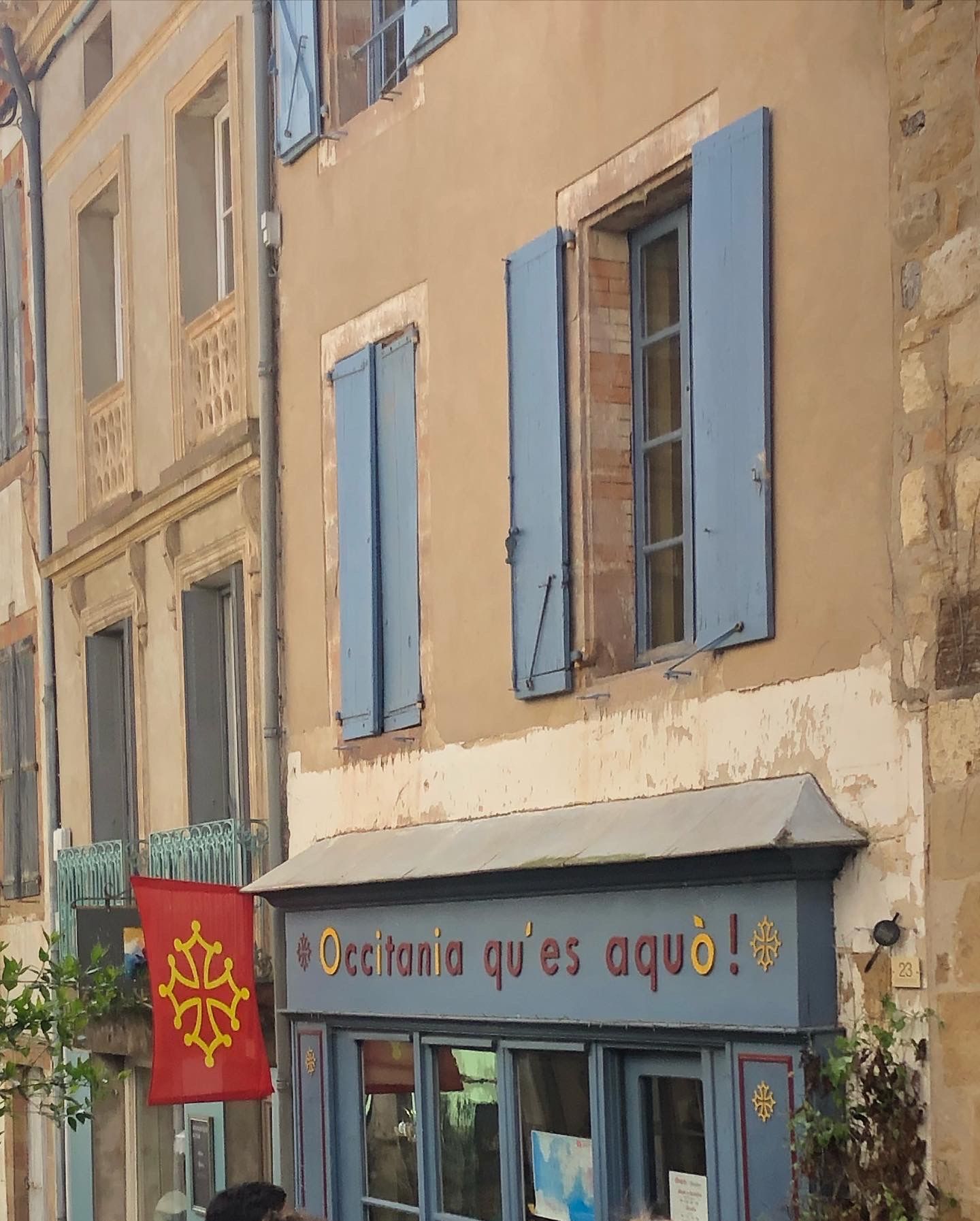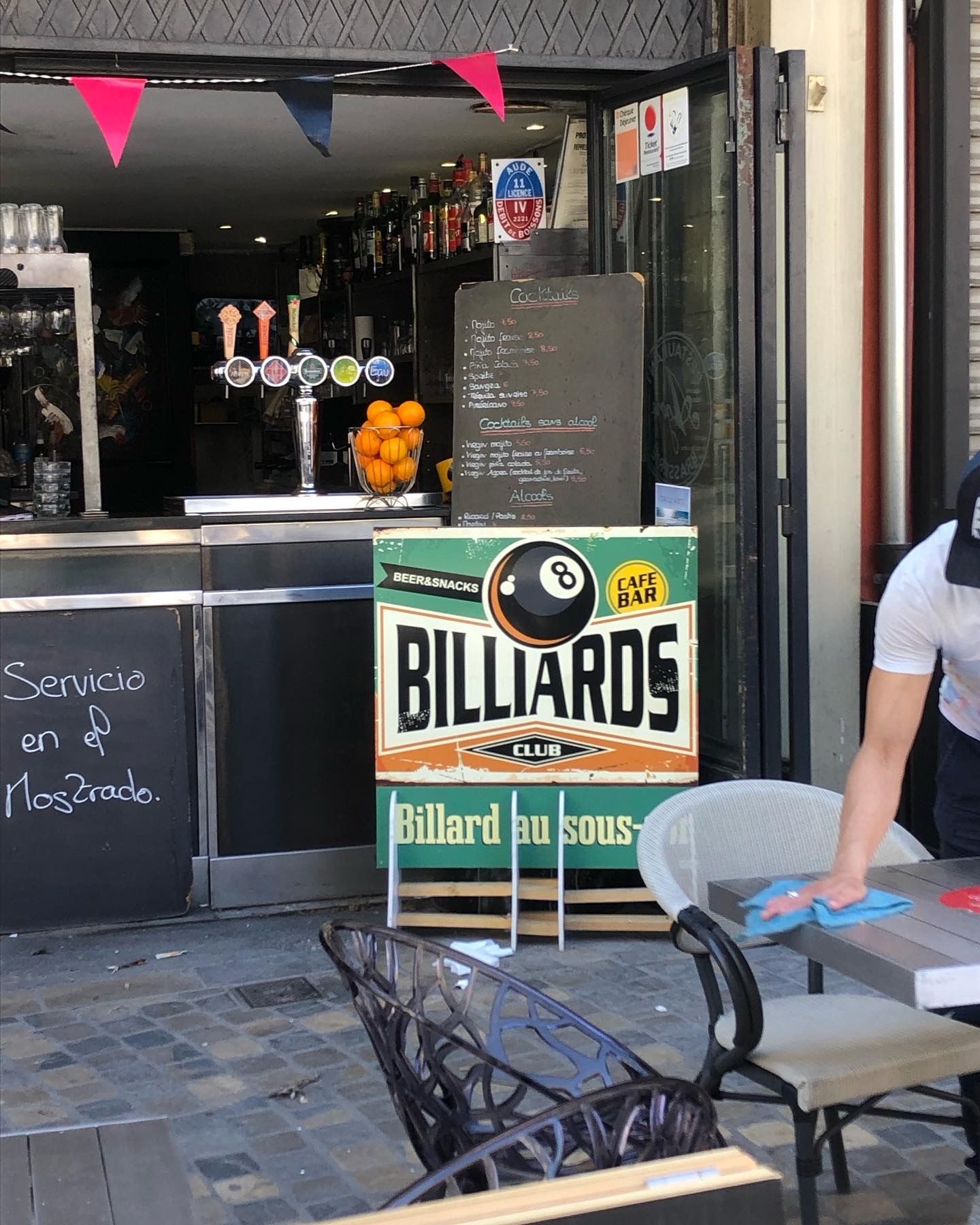By Isobel Edmondson, Travel Digital Editor
The Croft Magazine // Having recently touched down from her year abroad in Toulouse, Isobel provides an insight into the value of speaking the local language while on your travels, how it can help you feel more connected to your surroundings and some advice on giving it a go.
There is a certain satisfaction when locals are impressed by your ability to speak their language - even if it’s just a few words, and even if it’s via a slightly drunken slur at a bar, the words “tu parles très bien français!” - accompanied with a stunned expression - were a sweet melody to my ears. I spent my year abroad in Toulouse with the aim of nearing fluency in French, so comments like these boosted my confidence and helped me feel more at ease in my new home.
I gradually developed other skills, such as being able to make jokes in French, dream in French (if you could call that a skill!) and allow my personality to emerge more and more as the language became a part of my everyday life, and eventually, a part of me. There are numerous accounts of people who know more than one language - bilinguals and polyglots for example - having more complex personalities, one reason being that they are pulling from two or more different cultures; different ways of viewing the world.

There came a point with French where I was no longer nervous that someone would approach me for directions, like I did at the beginning of my stay and how I feel now as I write from Valencia, knowing just about enough Spanish to get by but still feeling a little hesitant to push it further. I’d argue that this is all you need if you’re not necessarily thrilled by the process of language learning and are perhaps absolutely fine with not striking up a conversation with every passer-by. If you are a motivated language-learner like myself however, at some point you may be searching for the buzz that comes with communicating fluidly with locals, and somewhat “blending in”. This can be a tough nut to crack, but you’ll want to be taking plenty of opportunities to speak to people, even if it is asking someone what breed their dog is.
During my year abroad, I was impressed when I saw other Erasmus students seek out opportunities to speak the endangered local language in the Occitan region where Toulouse is situated, one of them even going up to an Occitan-speaking musician at a festival and trying out the new phrases he had learned since his stay. I wrote one of my year-abroad essays on this language and how it is so essential to the local culture itself, especially in more rural parts. Now, whilst I was personally unlikely to start babbling in Occitan while ordering a coffee - not least because it is virtually non-existent in Toulouse itself - I firmly believe that having some knowledge of a language better informs you on the history of a place and the people that have inhabited it. In the case of smaller languages, it helps to keep these cultures alive.
A common complaint is that even if you try your best to speak the local language abroad, often people can respond in English if they see you struggling or hear your accent. This can definitely feel like a disappointment, but there are different ways you could frame this that might soften the blow: If you are in a period and location where there is a high density of tourists - for example, Rome in July - there are likely to be a huge amount of visitors who do not even attempt to speak the local language, so vendors become accustomed to communicating in English for a more efficient transaction. By doing this, they probably think they are saving you trouble.

There is also the possibility that shop-keepers etc want to practise their English with you. I experienced this a couple of times in France, especially at the beginning. If you want them to speak in the local tongue, I’d recommend you tell them that you are keen on practising, and that you’d appreciate it if they could speak in the local language. Normally, they will be glad to help and they can often find it endearing that you’re putting in the effort. I think that’s the important thing: that you’re making an effort to take part in an unfamiliar way of communicating.
In Britain, having English be your mother tongue can put you in an extremely privileged position as a traveller, but on the flipside, it can make us complacent. Many of us have never thought it important to learn a second language, but if we continue to have a hunger for travelling to countries where a different language is spoken, wouldn’t it be great if we could shift expectations of us as mono-linguists to multi-linguists in the making?
Featured image: Isobel Edmondson
What should universities do to support budding language learners? Here is Mark's opinion.







